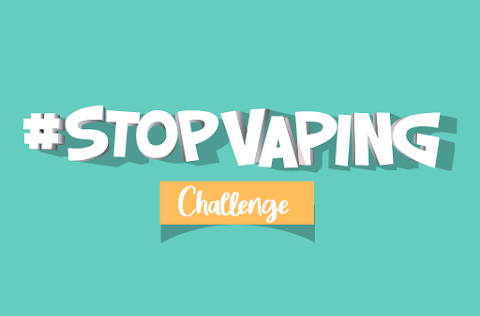Abstract
Objective: To examine the relationship between physicians’ tobacco-related medical training and physicians’ confidence in their tobacco-related skills and smoking-related interventions with parents of child patients.
Design: Mailed survey.
Setting: Canada.
Participants: The survey was mailed to 800 family physicians and 800 pediatricians across Canada, with a corrected response rate of 65% (N = 900).
Main Outcome Measures: Physicians’ self-reported tobacco-related education, knowledge, and skills, as well as smoking-related interventions with parents of child patients. Cochran-Mantel-Haenszel chi(2) tests were used to examine relationships between variables, controlling for tobacco-control involvement and physician specialty. Data analysis was conducted in 2008.
Results: Physicians reporting tobacco-related medical education were more likely to report being “very confident” in advising parents about the effects of smoking and the use of a variety of cessation strategies (P < .05). Furthermore, physicians with tobacco-related training were more likely to help parents of child patients quit smoking whether or not the children had respiratory problems (P < .05). Physicians with continuing medical education in this area were more likely to report confidence in their tobacco-related skills and to practise more smoking-related interventions than physicians with other forms of training.
Conclusion: There is a strong relationship between medical education and physicians’ confidence and practices in protecting children from secondhand smoke. Physicians with continuing medical education training are more confident in their tobacco-related skills and are more likely to practise smoking-related interventions than physicians with other tobacco-related training.
Author(s): J. Charles Victor, Joan Brewster, Roberta Ferrence, Mary Jane Ashley, Joanna Cohen, and Peter SelbyDate: February 2010
Type of Publication: Journal Article


 Download directly from your phone’s app store, or through the following links:
Download directly from your phone’s app store, or through the following links: 




